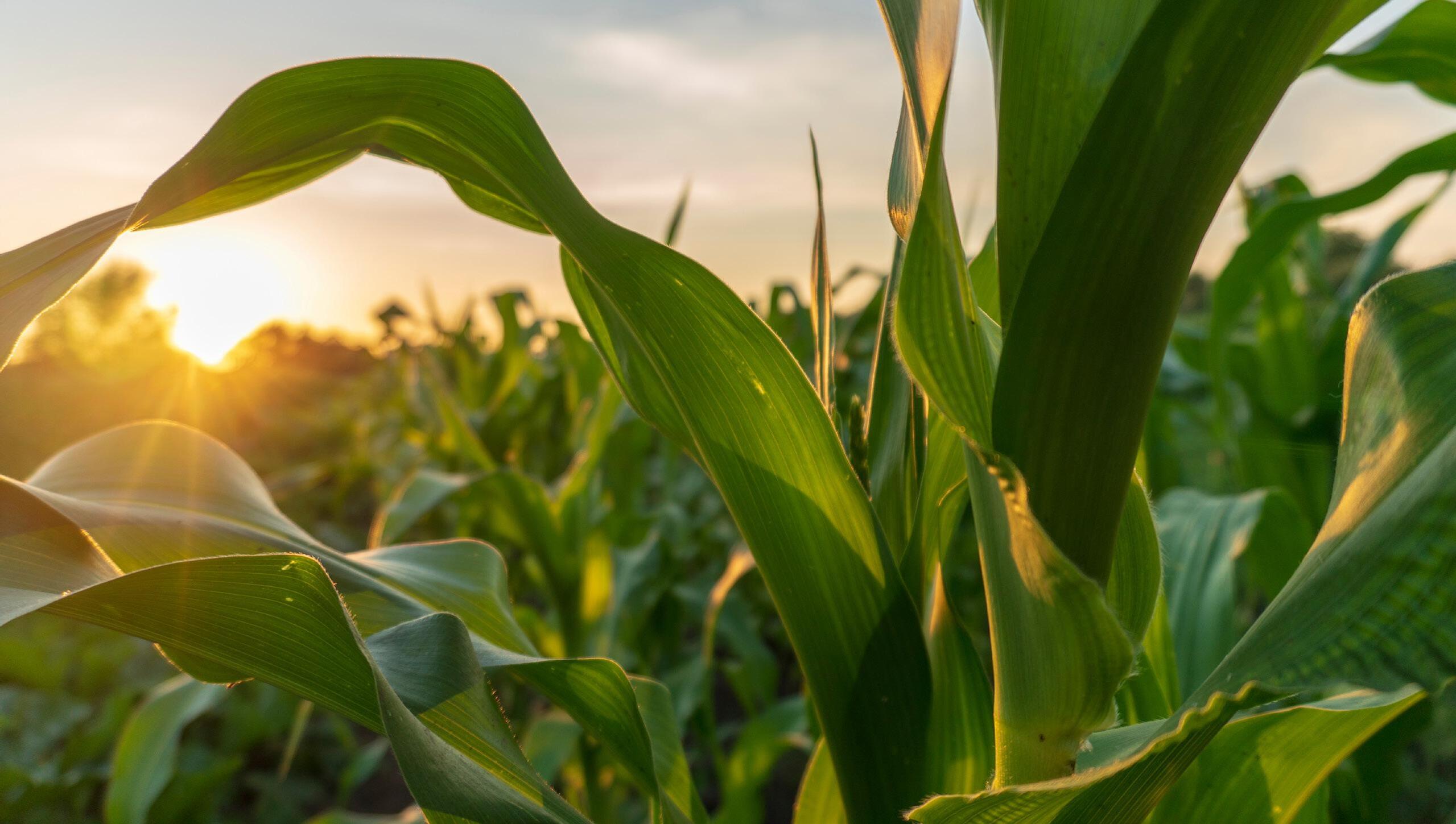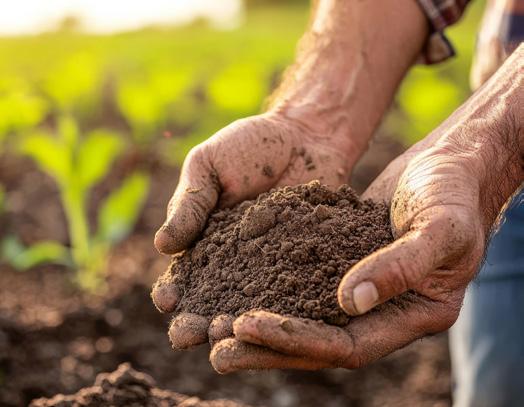DON’T READ FURTHER IF YOU ENJOY PAYING MORE TAXES THAN NECESSARY
Have you bought agricultural land within the last 15 years? If so, you may be sitting on an untapped and substantial Legacy Nutrient Deduction™ that has averaged $1,700 per acre for our clients.
The IRS allows owners of agricultural land -- cropland, ranchland, & timberland -- to deduct the residual fertility value of nutrients in their soils at the time of acquisition. To benefit from these deductions, owners need to have valid, third-party assessments of their nutrient levels.
We work with companies to provide scientific data and data-driven testing, analytics, and reporting methodology to help owners of agricultural land take advantage of these nutrient deductions. The company operates in the lower 48 states and has generated tax deductions for thousands of clients for CPAs, Banks, and Brokers.
We are the soil testing experts. We deliver the data and analysis your CPA needs. Qualify for Section 180. Get the tax deduction you deserve.
$1,700 AVERAGE DEDUCTION PER ACRE
HOW TO CLAIM THE DEDUCTION
Claiming the Section 180 deduction requires a mix of technical expertise and accurate record-keeping. Here’s how to approach it:
Soil Testing & Evaluation
• Start by consulting with an agronomist or soil scientist who can analyze your land’s fertility. Soil samples are tested to quantify the nutrients and amendments already present, such as lime, gypsum or compost. These experts help establish a residual fertilizer value that forms the basis of your deduction.
Document Farming Practices
• If the soil fertility stems from past practices like fertilizer applications, lime treatments or crop rotations, ensure you have records of these activities. Proper documentation is necessary for compliance and may enhance the deduction’s value.
Consult an Ag-Focused CPA
• Work with a CPA who specializes in agriculture. They will guide you in calculating the deduction based on the soil evaluation and ensure its accurately reported on your tax return. They’ll also help you navigate IRS guidelines and stay informed about any changes to the rules.
Stay Updated on IRS Guidance
• The IRS occasionally updates regulations related to Section 180. Keeping up with these changes ensures you’re maximizing the deduction while staying compliant. A qualified agribusiness accountant can help you adapt as new information becomes available.
IS IT WORTH IT?
For many farmers, the answer is yes. The Section 180 deduction can offset a substantial amount of income, particularly if the land’s residual fertilizer value is high. However, the process requires precision. Without proper soil analysis and documentation, you could miss out on the full benefits—or worse, face challenges from the IRS.
Contact us to recieve a FREE estimate on your legacy nutrient deductions.
David Whitaker
Broker / Champion Auctioneer (515) 460-8585
David@wmgauction.com





